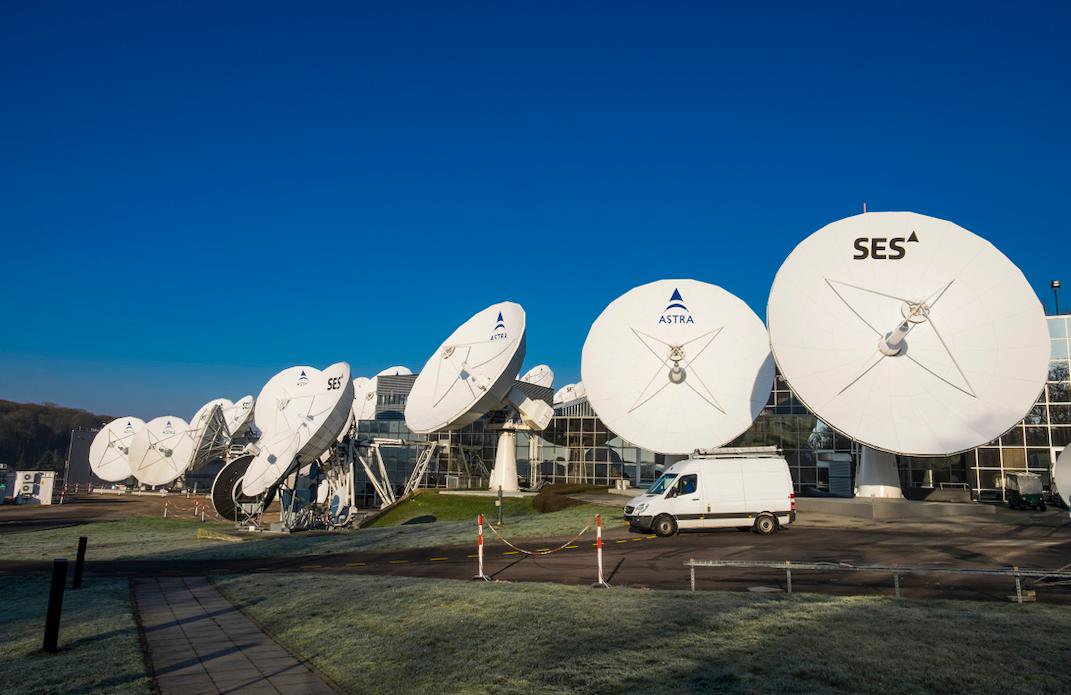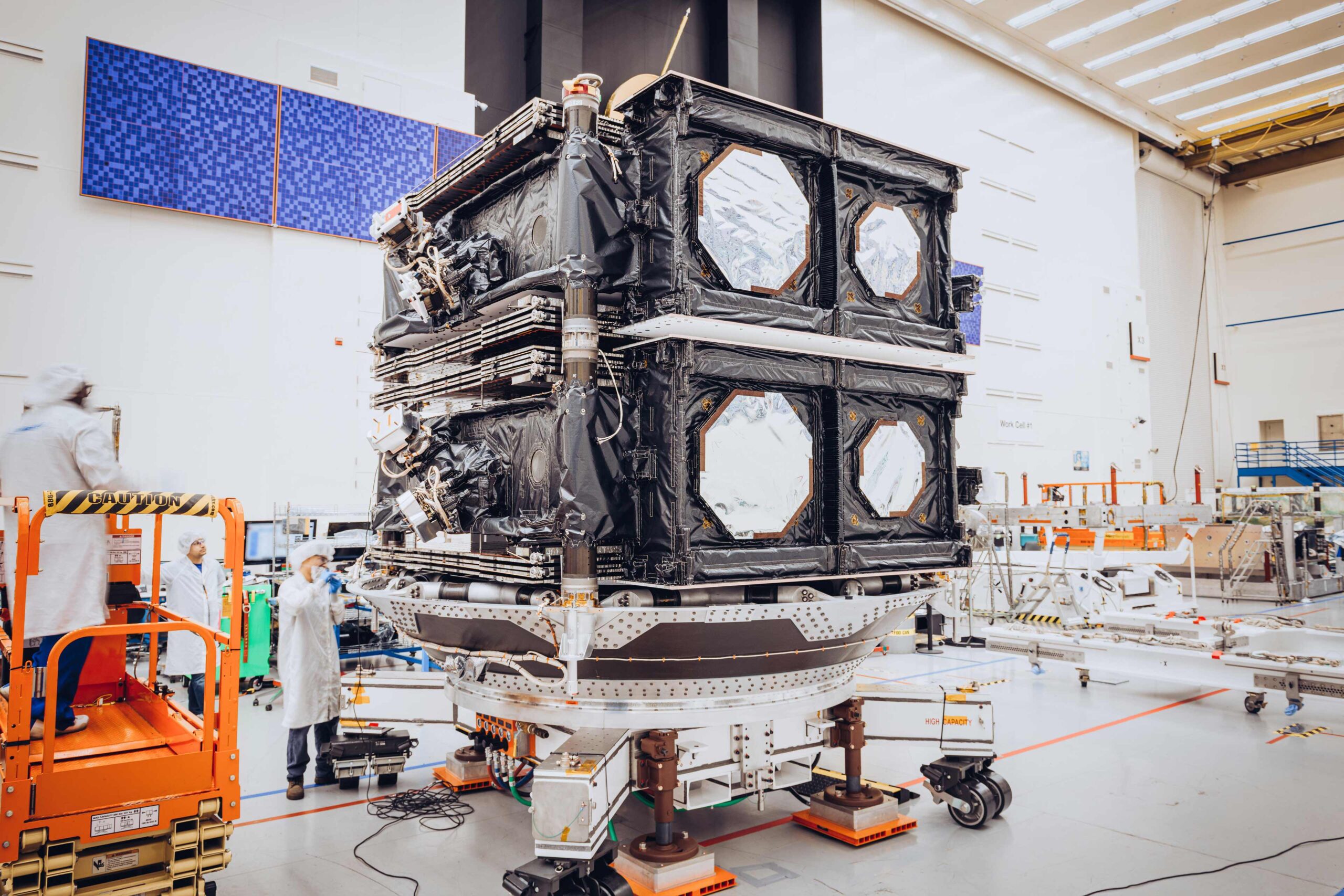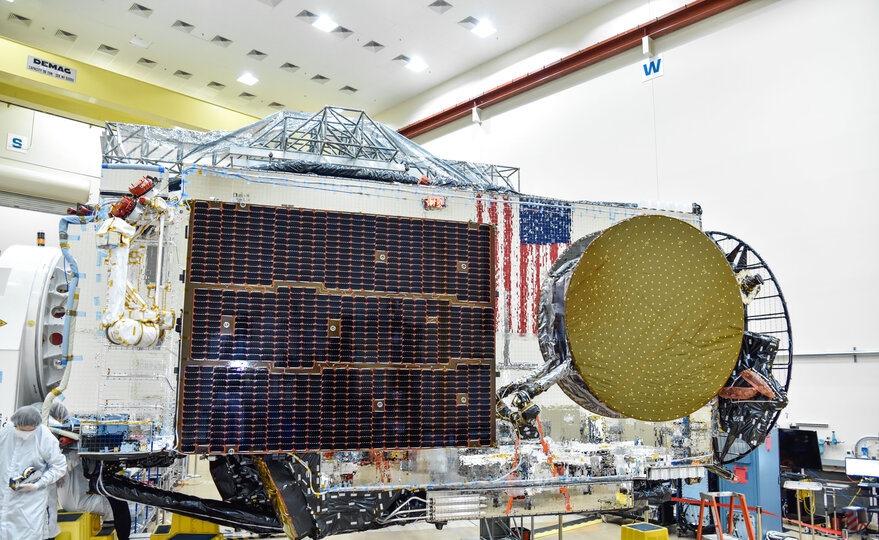While we all F5 through this slow news cycle waiting on Vlad to do something stupid while testing Joe's mettle....
This one's probably going to make it.
Plenty of jokes here on breath holding and budgetary non-adherence, but ultimately it makes sense for Europe to fund this kind of sovereign infrastructure, so I think its going to go through. Figure Airbus gets the prime award since they're effectively the B+LM of The Continent, and all the other players (Thales and OHB being the big ones) will get some piece of the pie too. And the constellation will increase launch demand, so Ariane will finagle some scrilla out of it too (as will everyone in the consortium that builds the thing). Hopefully, at least, the'll use the cash pump to develop a reusable vehicle... Relevance of the constellation at the commercial level will probably be all but OBE by the time its actually an operational constellation, but they'll probably lock in some anchor tenants to keep the lights on and of course the European militaries will spend plenty on securing bandwidth they'll rarely use. Cue the jokes about France surrendering via satellite.
But as a comparison (or, a keeping up with the Joneses, if you prefer): The US has plenty of military use comms infrastructure in space already, and eventually there's going to be a US military LEO constellation of some sort (like SDA's transport layer, though it will change names 8 times between now and when its operational) The UK military will leverage OneWeb (that was a huge part of why Mum helped them reorganize out of bankruptcy). Jai-nah will obviously use its inevitable constellation for state purposes. Russia? Well...not that they could afford it either way, but methinks they're probably smarter than actually having to fight themselves anyway. (As long as Vlad's cronies keep planting seeds on the intrawebs about things like election fraud and freedom-eating vaccines and such, idiots in the US will continue to burn it down from the inside. )
)
This one's probably going to make it.
Plenty of jokes here on breath holding and budgetary non-adherence, but ultimately it makes sense for Europe to fund this kind of sovereign infrastructure, so I think its going to go through. Figure Airbus gets the prime award since they're effectively the B+LM of The Continent, and all the other players (Thales and OHB being the big ones) will get some piece of the pie too. And the constellation will increase launch demand, so Ariane will finagle some scrilla out of it too (as will everyone in the consortium that builds the thing). Hopefully, at least, the'll use the cash pump to develop a reusable vehicle... Relevance of the constellation at the commercial level will probably be all but OBE by the time its actually an operational constellation, but they'll probably lock in some anchor tenants to keep the lights on and of course the European militaries will spend plenty on securing bandwidth they'll rarely use. Cue the jokes about France surrendering via satellite.
But as a comparison (or, a keeping up with the Joneses, if you prefer): The US has plenty of military use comms infrastructure in space already, and eventually there's going to be a US military LEO constellation of some sort (like SDA's transport layer, though it will change names 8 times between now and when its operational) The UK military will leverage OneWeb (that was a huge part of why Mum helped them reorganize out of bankruptcy). Jai-nah will obviously use its inevitable constellation for state purposes. Russia? Well...not that they could afford it either way, but methinks they're probably smarter than actually having to fight themselves anyway. (As long as Vlad's cronies keep planting seeds on the intrawebs about things like election fraud and freedom-eating vaccines and such, idiots in the US will continue to burn it down from the inside.









